Maintain Or Grow Traffic To Your High-Potential Content: An SEO Testing Case Study

First, let's lay down some basics regarding SEO testing.

2. SEO testing best practices
3. The opportunity: increase CTR by using Keyword Data from Serpstat
4. The resolution: run CTR tests using SEOTesting.com
5. Run SEO tests using Serpstat API
6. Results from our testing implementation
7. The benefits of a test-driven SEO approach and key takeaways
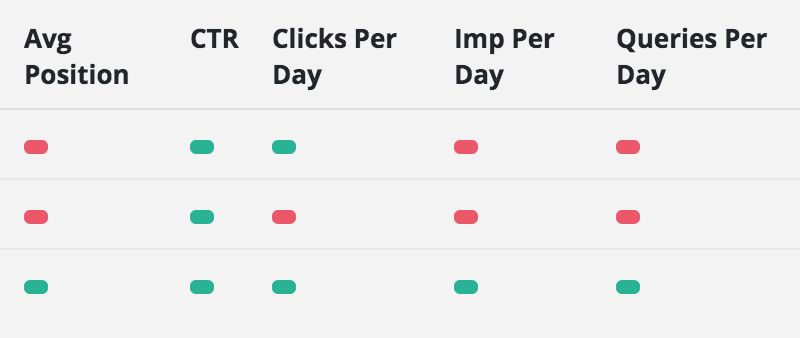
These updates can help match current expectations while getting higher click through rates for your content that has already been ranking. Moreover, these components are the first thing your users see before (hopefully) clicking to your website. In this case, first impressions really do matter.
We aim to make data-driven decisions and test them before any implementation is completed. Our client's large monetizing food blog lives amidst a highly competitive digital space, and although the site currently ranks well, Google market trends for our client's industry are declining. It is imperative to optimize and make improvements to keep the visitation steady.
By using Serpstat, our goal was to find opportunity in the content that is already ranking and see what we could optimize to increase CTR. Once we gathered the suggestions from Serpstat, we tested these by using our testing tool, SEOTesting.com and see whether there are positive or negative outcomes.
Serpstat can be utilized for a myriad of things. For this specific task we honed in on our high-potential content, and identified where it could be improved to generate a higher CTR.
Spoiler - there was.
The pieces we were conducting keyword research for in Serpstat were mainly blog-style articles and recipe guides. And Serpstat's seamless UI made it very easy to identify keywords that we could use for title and meta updates to then test in our SEO testing tool. Here is an overview of the simple steps we took:
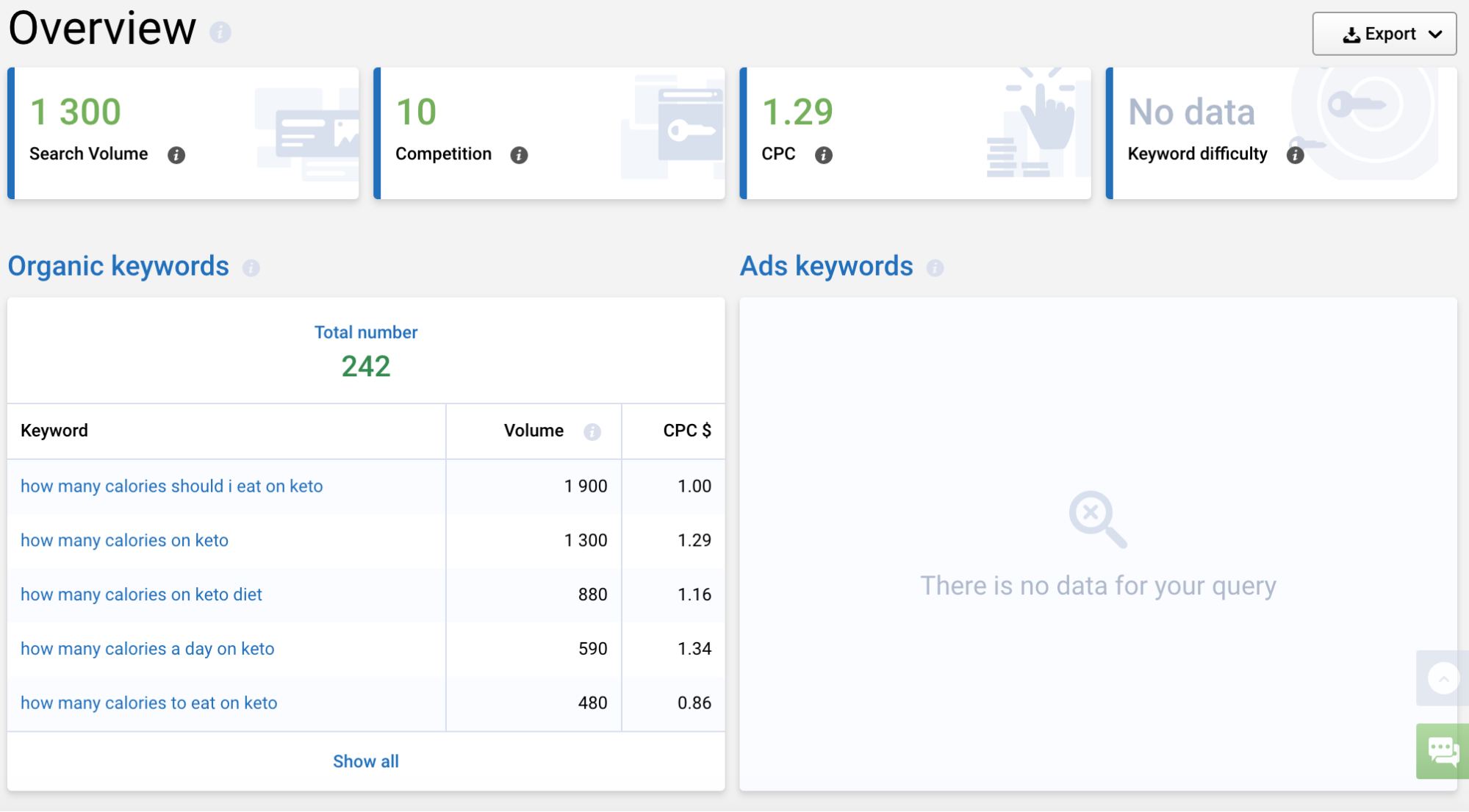
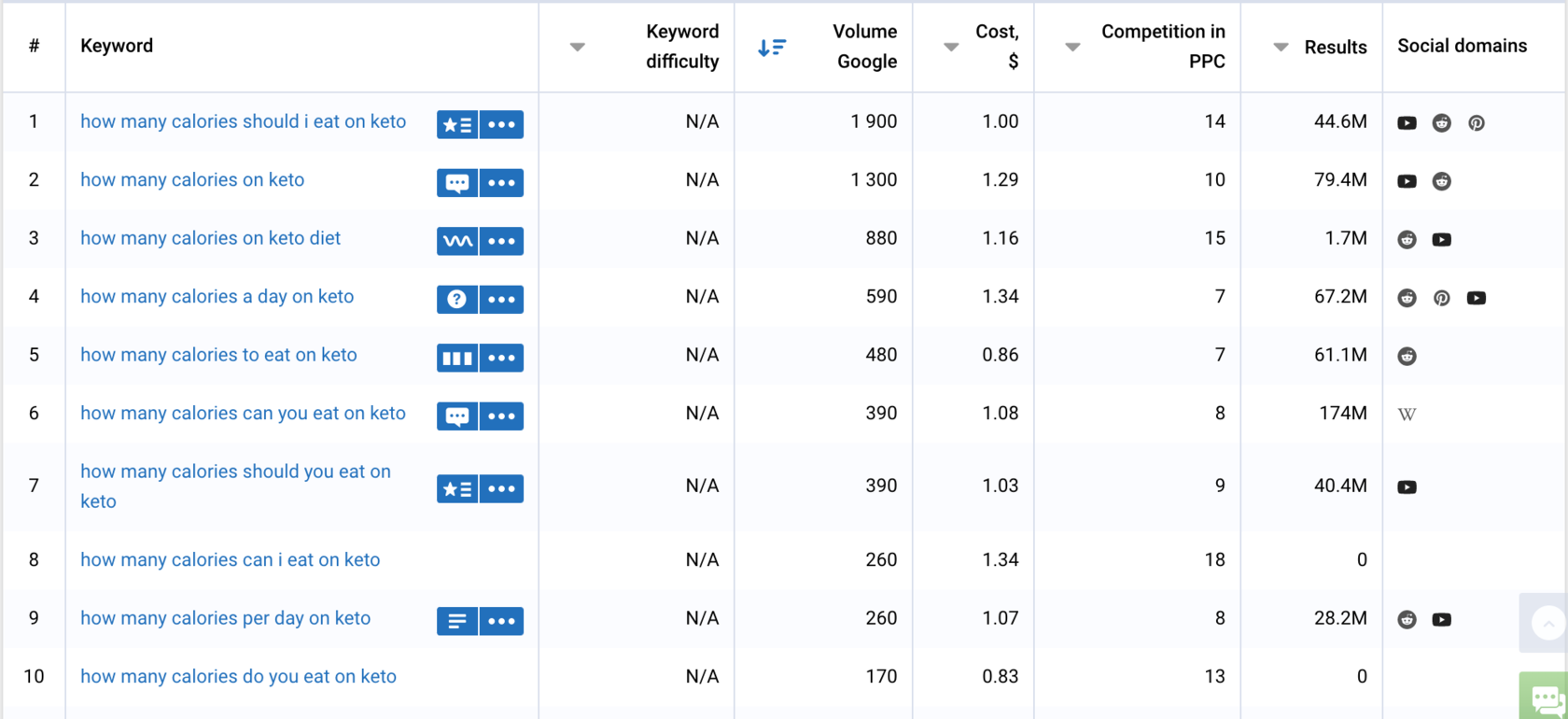
- Keto milk substitute
- Keto milk
- MCT oil dosage
- How many calories on keto
- How many calories should I eat on keto
With SEO testing best practices in mind, we needed a hypothesis that will provide for an actionable SEO test that is specific in both what we want to do,and what effect we think it will achieve. By analyzing our SEO data in Serpstat, it yielded a plan for what steps to take to improve content in order for us to reach its full potential on the SERP. Now, for our hypothesis:
In our own experience with CTR testing, two weeks seems to be a minimum duration of time to run SEO tests. Although, if you are able to execute testing for a longer duration of time, that is always welcomed as it allows you to gather a larger sample size of SEO metrics to influence your results. For our tests, we decided to run them for a 26-day period. With saying that and SEO best practices in mind, it is important to compare your test CTR to a control CTR of the same time frame. Therefore, we compared our test to the same amount of time (26 days) before we began testing.
SEOTesting.com allows you to setup SEO tests quickly and makes it simple to pick control groups in order to get as close to split testing as possible. Now, if our test in our testing tool comes back and says that we didn't see any significant improvements, we go back to the drawing board and iterate until we do see significant improvements. Then, once we know what works for our client and target market, we can implement these tactics on a larger list of content pieces.
To make sure that your site is running like clockwork, you need to perform regular SEO audits. You can use the opportunities of Serpstat API to automate your tasks, make it easier, and not waste your time. Whether you are an advanced API user or no, it is simple and clear and will help you perform site audits, especially if you need a swift analysis of the site for errors.
Site audits are essential because they examine the overall state of your site. They may find technical issues in your site structure, pages that should be closed from indexing or that have canonical URLs, images that don't have alt tags, or have irregular file sizes. Serpstat SEO Audits can even show you content gaps or missing info.
An SEO test is necessary for tracking results since a change has been made. You should often look to do an audit and run SEO tests on the fixes the audit suggests. This way, you can estimate the effectiveness of the suggested changes.
You can search for technical issues on the site through the Serpstat API and receive a JSON format response. By the way, the audit documentation is based on Postman, a free program for launching API.

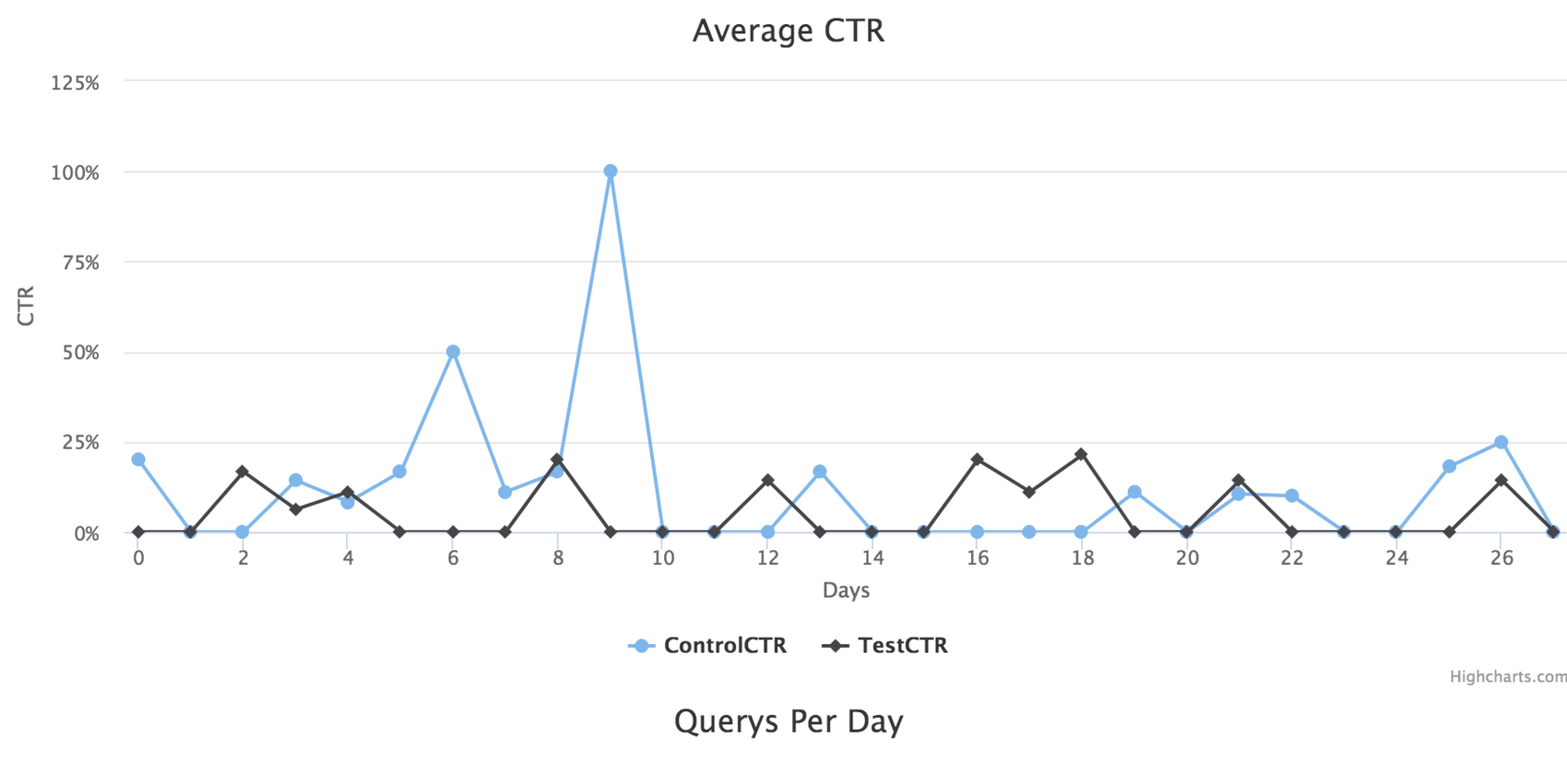

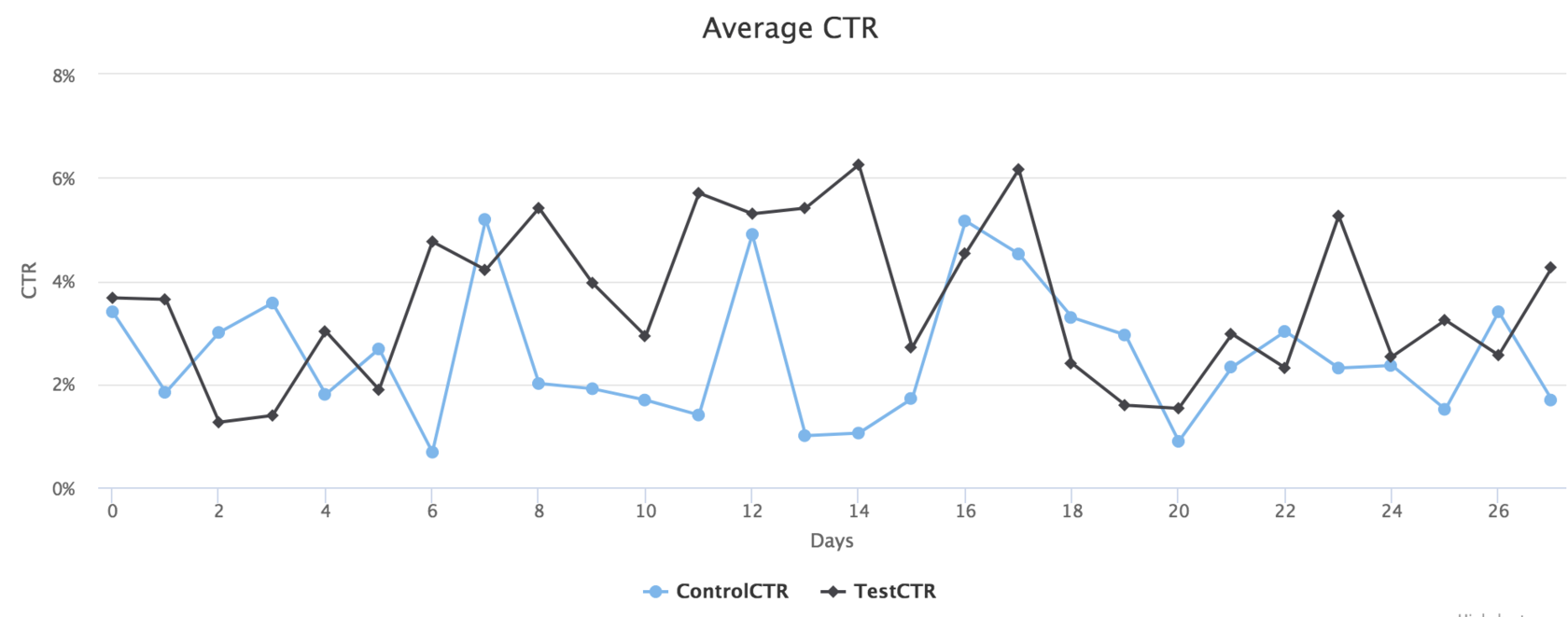
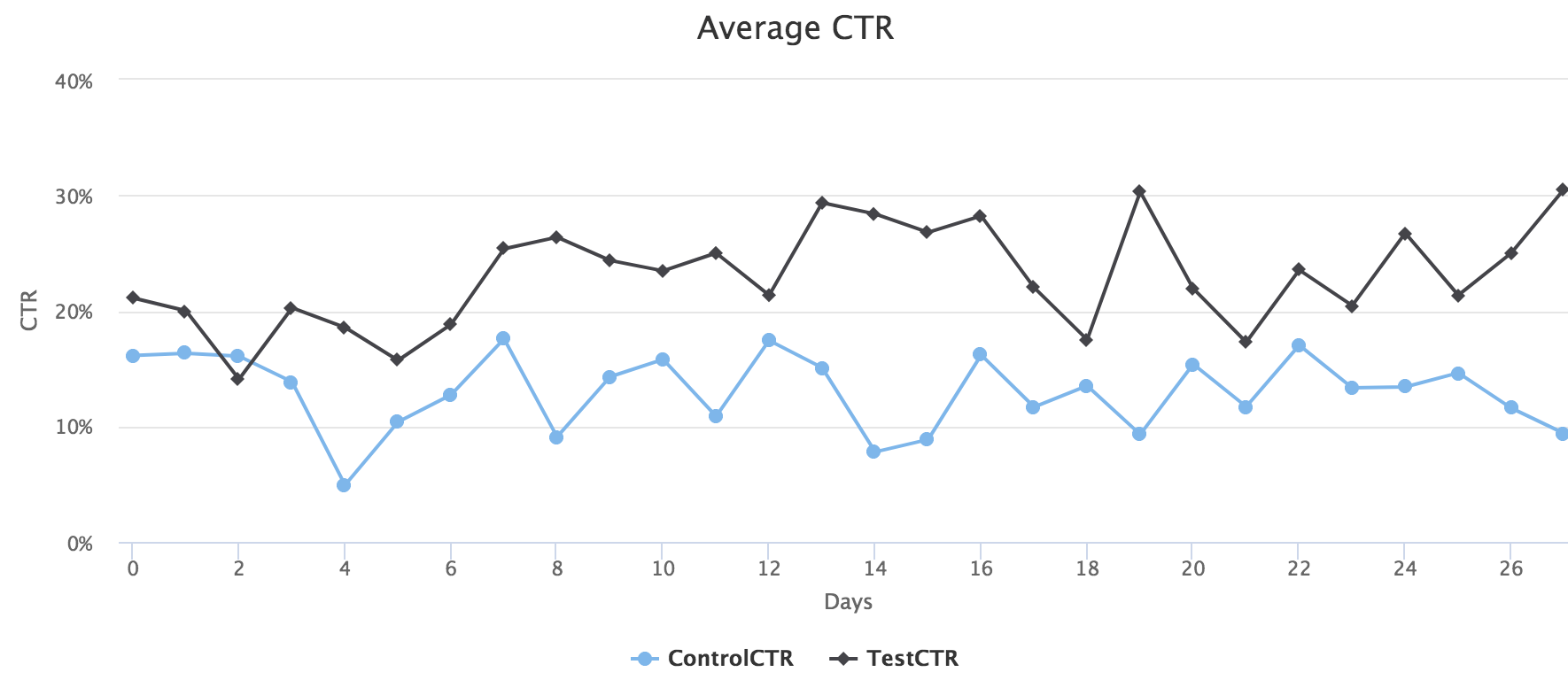

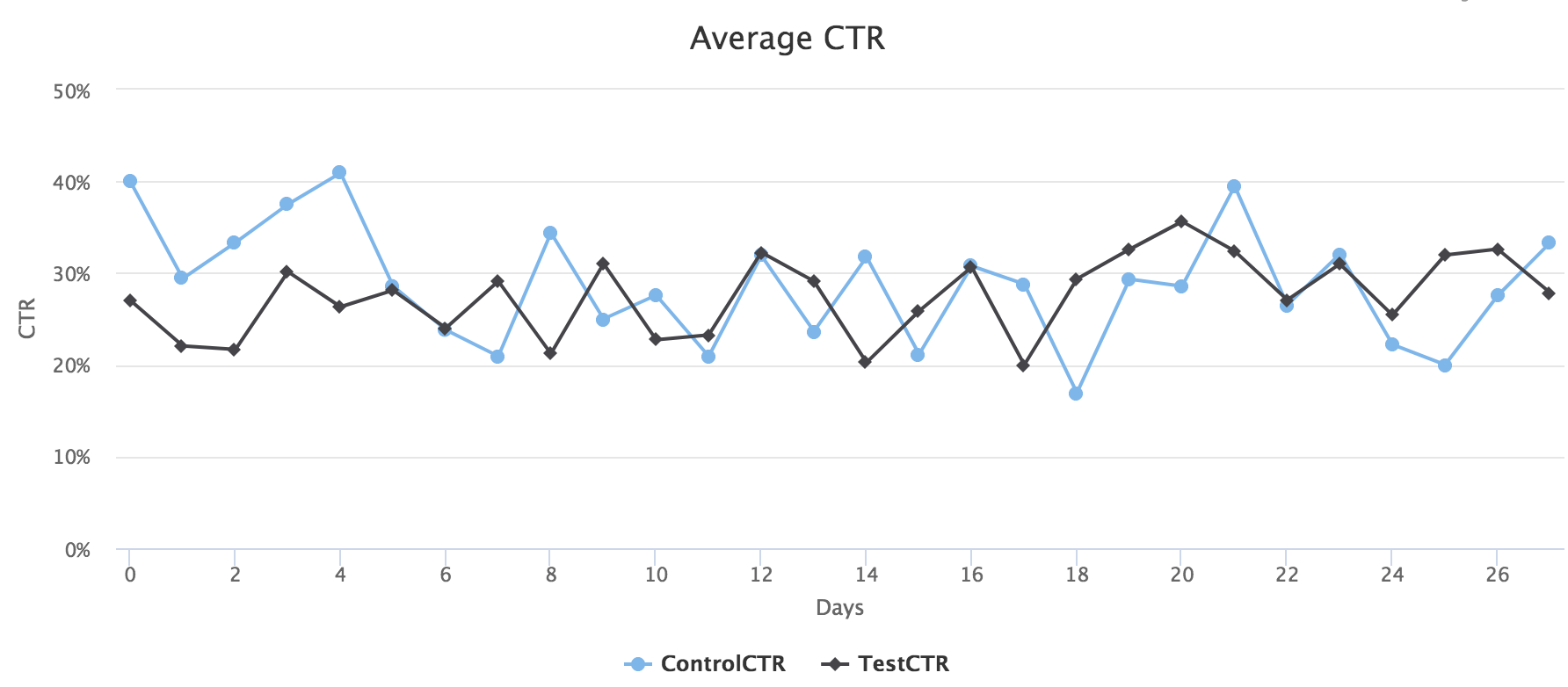
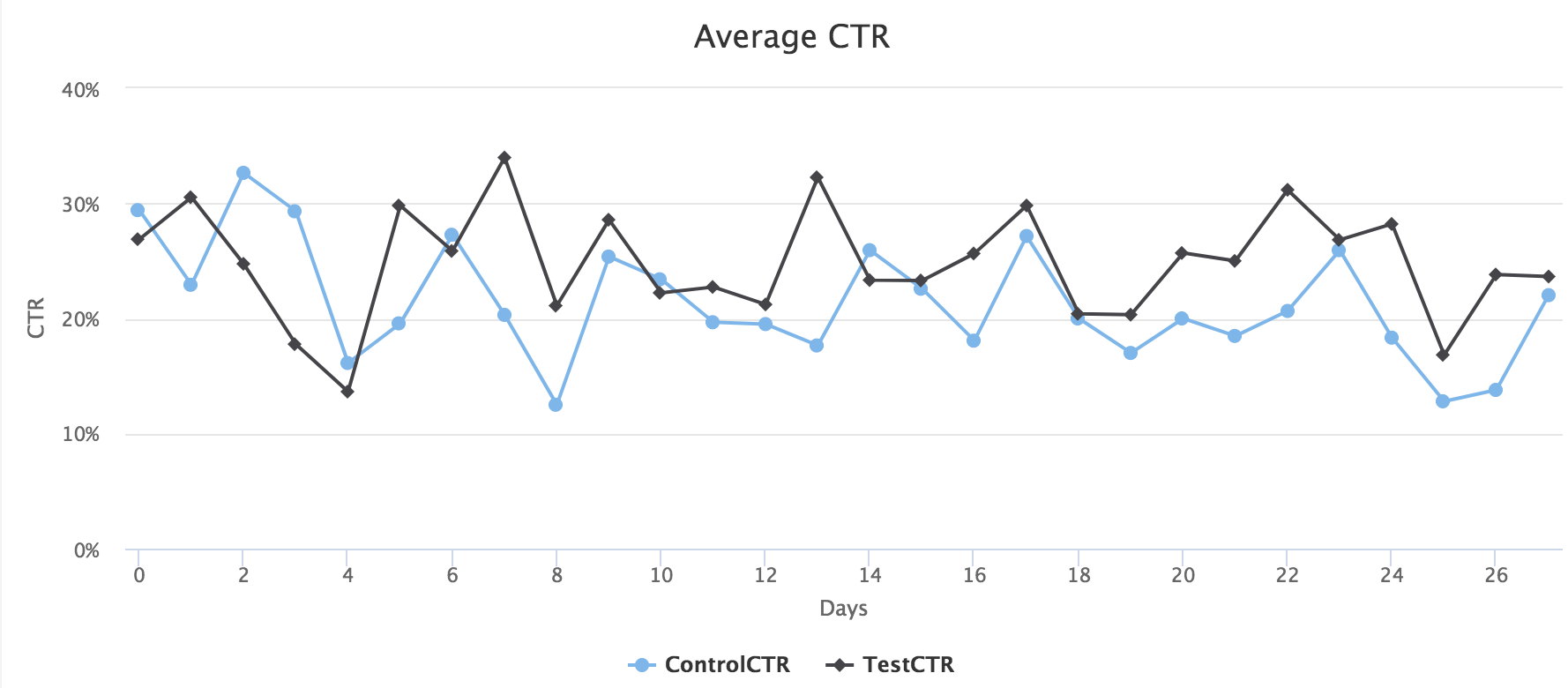
Testing minimizes unpleasant surprises, helps you scale faster, refines strategy, and accelerates the approval process.
Speed up your search marketing growth with Serpstat!
Keyword and backlink opportunities, competitors' online strategy, daily rankings and SEO-related issues.
A pack of tools for reducing your time on SEO tasks.
Discover More SEO Tools
Backlink Cheсker
Backlinks checking for any site. Increase the power of your backlink profile
API for SEO
Search big data and get results using SEO API
Competitor Website Analytics
Complete analysis of competitors' websites for SEO and PPC
Keyword Rank Checker
Google Keyword Rankings Checker - gain valuable insights into your website's search engine rankings
Recommended posts
Cases, life hacks, researches, and useful articles
Don’t you have time to follow the news? No worries! Our editor will choose articles that will definitely help you with your work. Join our cozy community :)
By clicking the button, you agree to our privacy policy.

